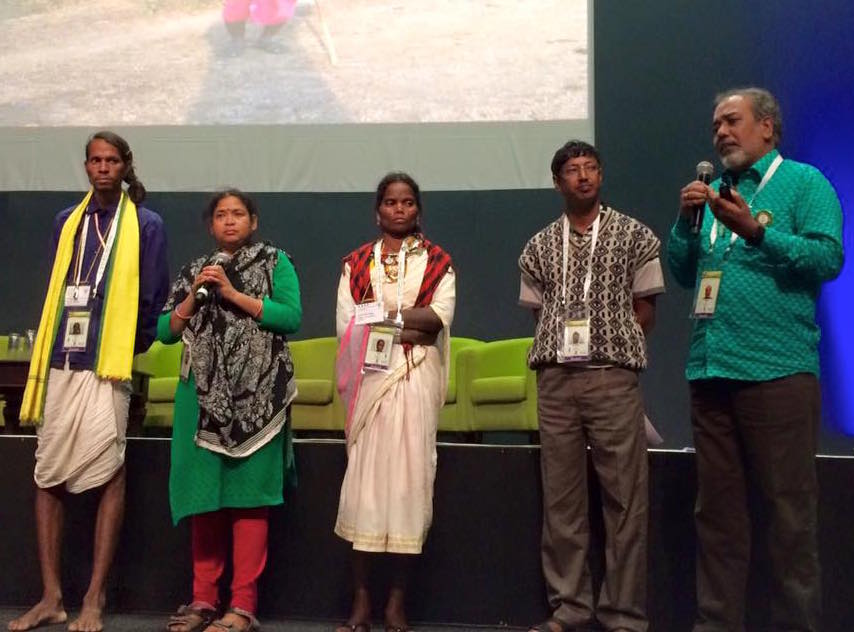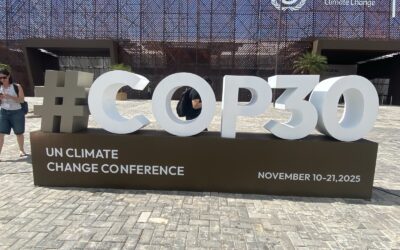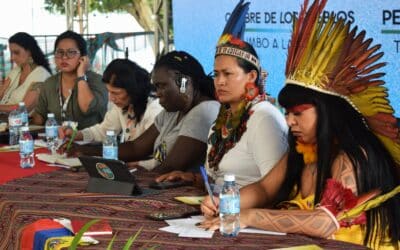By Souparna Lahiri*
During the Global Forest Coalition (GFC)’s Fostering Community Conservation Conference in Durban, South Africa (31 August-4 September, 2015), just days before the World Forestry Congress (WFC) (7-11 September, 2015), Diego Cardona, the Chairperson, said: “Contrary to what is assumed in many international policy processes, local communities are not threats to forests, they don’t over-exploit them; they are actually the ones who have maintained these territories and guaranteed that they continue to exist and need policy support to continue their efforts”, the message was loud and clear: The local communities are the real forest heroes.
The conference, which brought together more than 100 indigenous peoples and forest community members and campaigners from over 40 countries around the world, also observed that (i) sustainable livelihood for the local communities and their cultural perspectives are the main drivers of conservation and (ii) tree plantations are not forests. The communities called for the global and national policy support to continue their conservation efforts.
The conference delegates took the message to the World Forestry Congress. During the pre-congress deliberations on 5-6 September 2015 at the WFC venue in ICC Durban, we argued and strongly put forward the community views in the break-out sessions in response to the draft message of the Forest and Farm Facility of FAO and its partners to the XIV World Forestry Congress. The draft message under the theme “Building momentum for community based forestry, forest and farm producer organizations”, was driven more by the language and metaphors of the prospective investors, financial institutions and the market, which are projecting the forests and the local communities as mere commodities which can be traded and fell short of understanding the forests, forest communities and conservation in a holistic manner where finance plays only a supporting role.
Our major interventions included recognition of many things, including the contribution of indigenous peoples and local communities, need for formal and secure land titles, traditional institutions and customary laws, FPIC, principles of self-determination, food security and sustainable and traditional livelihood practices, the need to remove barriers leading to access to finance, markets and transportation of forest products and effective enforcement of laws to promote community conservation practices.
Though the final message – “We know the forests, and the forest knows us: Its time to listen to indigenous peoples, local communities and family smallholders” – still bears the tell tale signs of a market and investor friendly document and fell well short of conveying the message in the way the indigenous peoples and local communities want, the real message to the WFC was conveyed by Ujiyaro Bai, a Baiga woman delegate from the central Indian state of Madhya Pradesh. When addressing the WFC delegates on 6 September 2015 she said:
“For us, moving forward means our forests which cure us, which are our food security, where we go back and lean upon. What others mean by moving forward is displacing us by creating wildlife corridors, by mining, polluting our water and land. Forest is our soul, our life, a way of living…”
*Souparna Lahiri is a Regional Resource Person of the Global Forest Coalition




